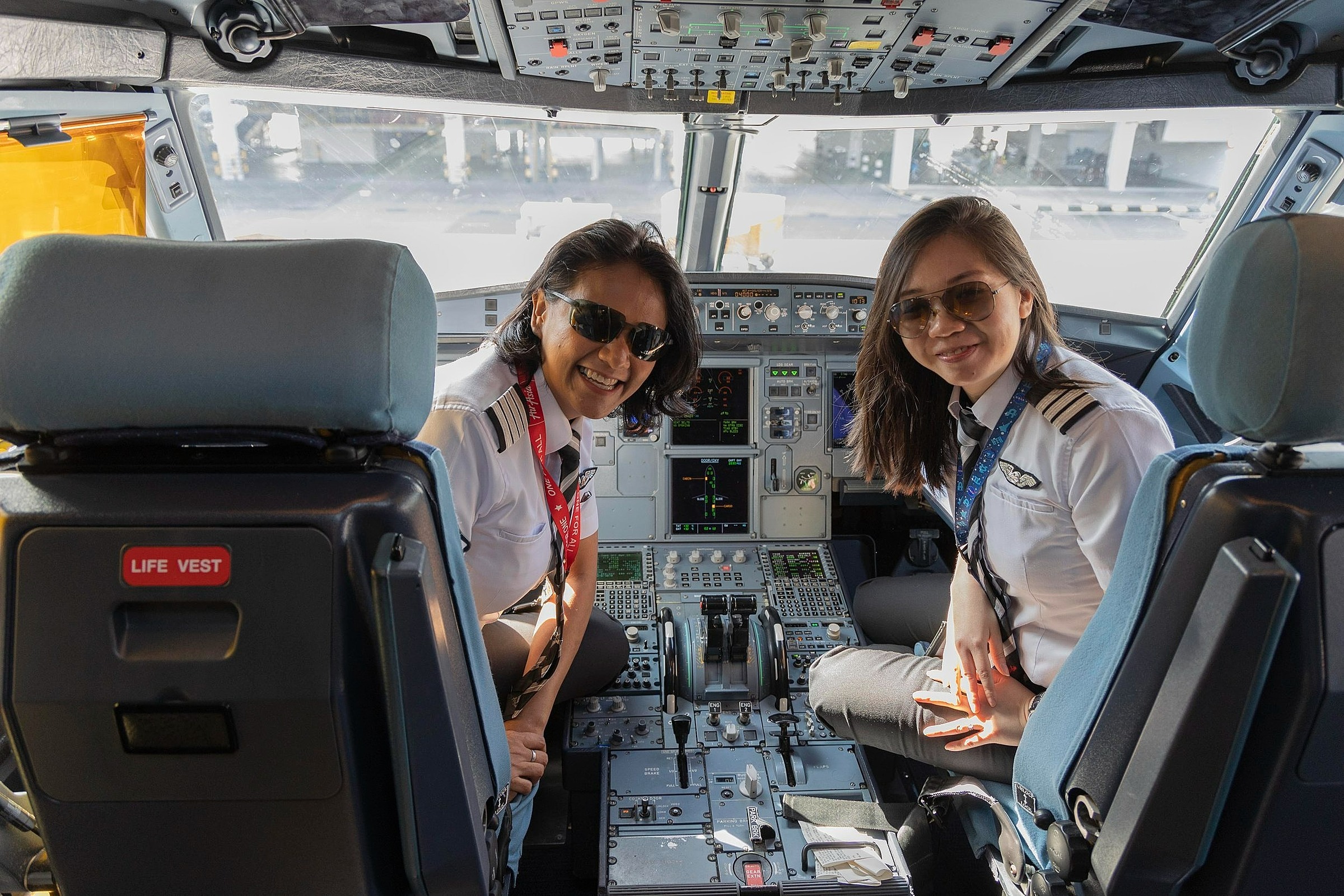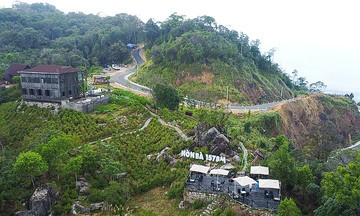Argentinian flight attendant Barbara Bacilieri, with nearly 27 million followers, has revealed some in-flight secrets. For passengers, sitting next to someone who constantly passes gas can be an unpleasant experience. However, pilots are encouraged to relieve themselves freely in the cockpit because holding it in can cause a loss of focus.
According to Bacilieri, bloating increases at altitudes above 9,000 m due to reduced atmospheric pressure, which increases the volume of gas in the body. This can cause discomfort and distraction in the cockpit, where pilots need to concentrate on their work instead of worrying about passing gas.
 |
Two female pilots in the cockpit. Photo: Air Asia Careers |
Two female pilots in the cockpit. Photo: Air Asia Careers
Bacilieri's revelation aligns with a 2013 study by Danish and British digestive experts. Hans Christian Pommergaard, Jakob Burcharth, Anders Fischer, William Thomas, and Professor Rosenberg wrote in the New Zealand Medical Journal that holding in gas can cause pain, bloating, indigestion, stress, and even nausea. In the case of pilots, it can reduce their ability to control the aircraft.
"The most reasonable solution is to just let nature take its course," the experts shared. In the passenger cabin, the smell can cause discomfort for many.
Bacilieri also revealed that pilots are given different meals, not to compete over who creates the biggest "gust," but to reduce the risk of both pilots experiencing food poisoning. With the airline Bacilieri works for, the captain almost always chooses their meal first, and the first officer has to eat whatever is left.
Hoai Anh (Mirror)












